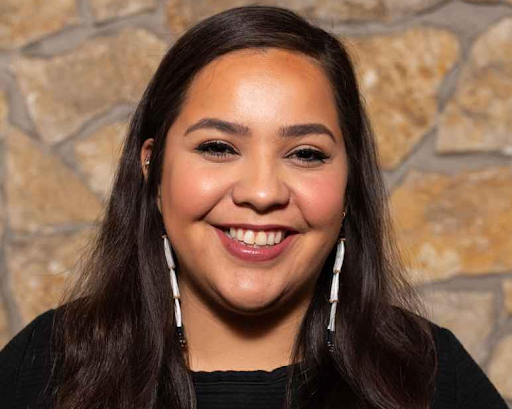
- Details
- By Sharen Kickingwoman, ACLU of Montana Foundation
For too long, Indigenous voices have been ignored and silenced when it comes to elections. But we know that our vote matters. We know that our vote makes a difference to our families and our communities.
As the upcoming election draws near, we can’t back down: now is the time to make our voices heard and our votes count.
The challenges facing our communities require us to take action. Casting your ballot helps to protect our elders, increase access to quality health care and education, and ensure we have the resources to protect our culture, language, and lifeways. Together, we can cultivate a future we deserve, and a future our children will be proud to inherit.
Here’s what you can do today:
1. Make sure you are registered to vote. Check here: /www.voteinmt.org/check-your-status
Beginning Oct. 27, you must register in person at your county election office. You can register up to - and even on - Election Day. If you wait to register to vote until Election Day, you must be in line by 8 pm.
2. Make a plan to vote. Did you receive an absentee ballot in the mail and are planning to vote by mail this year? Headed to your county elections office? A Satellite office? Whatever you do, make a plan! We encourage you to vote early.
If you vote by mail, don’t take any risks -- get your ballot in the mailbox as early as possible. It must be received by the county election office by 8 pm on Nov 3.
If you’re headed to the elections office, Election Day polling locations are open from 7 am to 8 pm. Make a plan for getting there! If you are going to a Satellite office, check the hours in advance. During this pandemic, wear a mask and stay safe.
3. Know your rights. Here are a few things to know: A tribal ID is an acceptable form of identification. If you are in line when the polls close at 8:00 pm, stay there -- you still have the right to vote! If elections officials can’t find your name on the list, or you forgot an ID, you still have the right to vote! Learn more about your rights as a voter in Montana: www.voteinmt.org/your-rights
This election is about our communities and our future. The Native vote has the power to shape our future for generations to come. Let’s do this! Together, our collective power cannot be ignored.
Sharen Kickingwoman is the Indigenous Justice Program Manager at the ACLU of Montana Foundation. She comes from the Blackfeet and A’aanii tribes.
Help us defend tribal sovereignty.
At Native News Online, our mission is rooted in telling the stories that strengthen sovereignty and uplift Indigenous voices — not just at year’s end, but every single day.
Because of your generosity last year, we were able to keep our reporters on the ground in tribal communities, at national gatherings and in the halls of Congress — covering the issues that matter most to Indian Country: sovereignty, culture, education, health and economic opportunity.
That support sustained us through a tough year in 2025. Now, as we look to the year ahead, we need your help right now to ensure warrior journalism remains strong — reporting that defends tribal sovereignty, amplifies Native truth, and holds power accountable.
 The stakes couldn't be higher. Your support keeps Native voices heard, Native stories told and Native sovereignty defended.
The stakes couldn't be higher. Your support keeps Native voices heard, Native stories told and Native sovereignty defended.
Stand with Warrior Journalism today.
Levi Rickert (Potawatomi), Editor & Publisher
